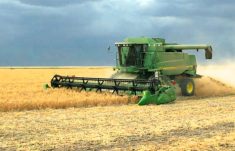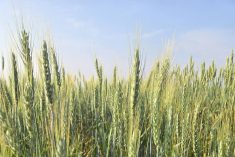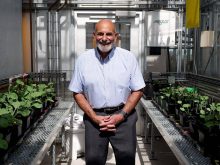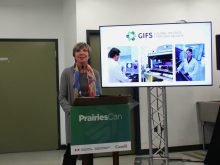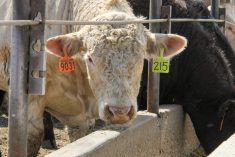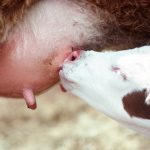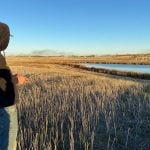A University of Saskatchewan project seeking to unlock the genetic potential of Canadian beef cattle has received a funding boost from the federal and provincial governments.
Federal Agriculture Minister Heath MacDonald and Saskatchewan Agriculture Minister Daryl Harrison announced $3.4 million over four years to the IntegrOmes project on Tuesday.
IntegrOmes (short for Integrated Omics for Sustainable Animal Agriculture and Environmental Stewardship) is a large-scale project to advance genomics research on the University of Saskatchewan campus, including expanding capacity at the university’s Livestock and Forage Centre of Excellence, the school wrote in a November article.
Read Also
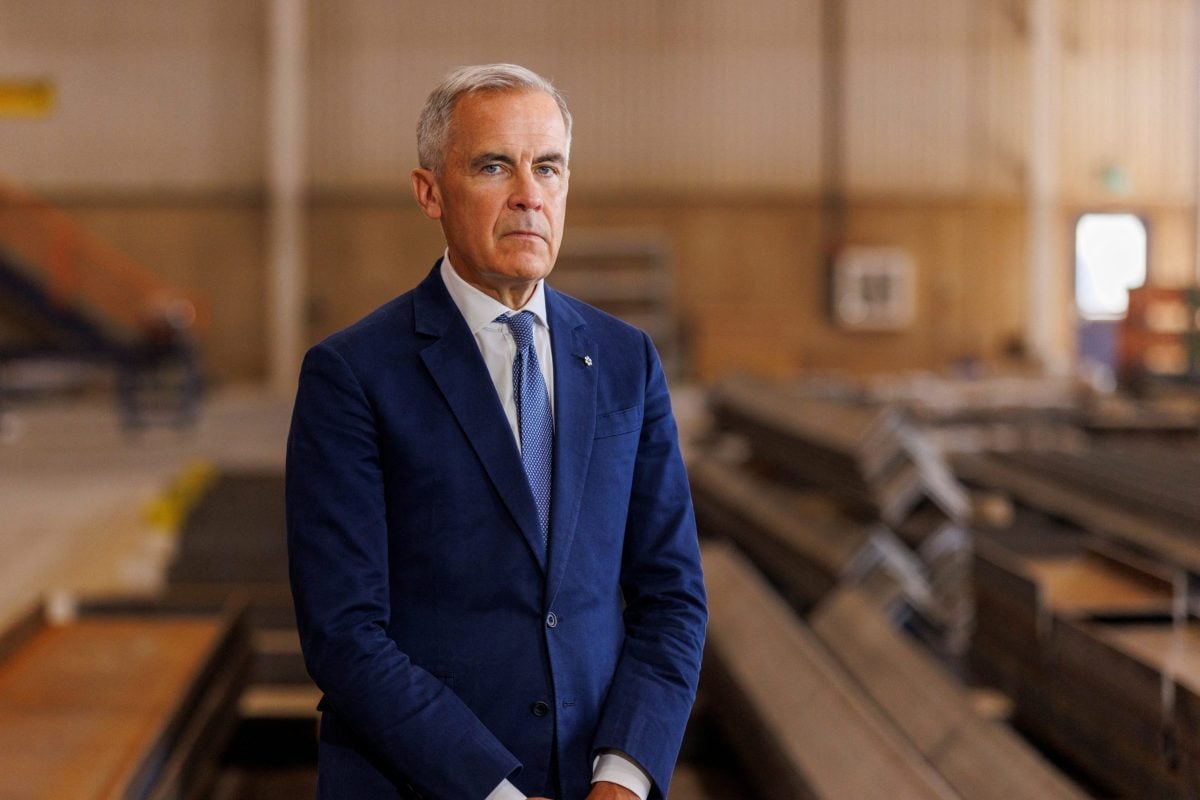
Carney visits Asia to forge new alliances and reduce U.S. dependence
Canada’s Prime Minister Mark Carney embarks on his first official visit to Asia on Friday in an attempt to deepen trade and security ties at a time when the North American country is struggling to lessen its overwhelming dependence on the U.S. and redefine its foreign policy in pursuit of new markets.
Early phases of the project included lab renovations. The third phase is construction of a new “Beef Reprotech” facility, which will allow researchers to collect phenotypic (observable trait) data and genetics samples — and to sequence the entire genome of a beef cow.
The announced funding, which comes through the Sustainable Canadian Agricultural Partnership, will support building of the reprotech facility and the Omics Resource Centre at the Western College of Veterinary Medicine.
Why beef genomics research?
Genetic testing of beef cattle is limited in Canada, said Lynn Weber, the veterinary school’s association dean of research and graduate studies, in the November article.
It also relies on analysis done in the U.S. by labs that keep genetic sequencing and associated trait information proprietary.
“So we can’t re-probe when new diseases pop up, or [if] we detect problems or just want more information,” Weber said.
With the new facilities, researchers plan to establish a national genomic testing resource for beef producers to give them more better insights into herd genetics. The database would also be an open resource for scientists.
This includes sequencing the beef cattle genome and matching genes to the traits they produce.
What does this mean for producers?
The university noted a gap between how the dairy, pork and chicken sectors have used genetic testing and how it’s been used in the beef sector.
“There is a deep lag in the beef industry in terms of utilizing these genetics and genomic tools,” said Scott Wright, director of the Livestock and Forage Centre of Excellence, in the November article.
The cost of the technologies and complexity of analytical tools was prohibitive, he added.
“We are only now getting to the point where we can analyze these very, very large data sets,” Wright said. “The technology has advanced to the point where we’re within reach of a very practical utilization and application.”
This would mean opportunities to make better choices “based on the entire genetic environment surrounding each animal,” the university said.
This could also lead to animals that are more feed-efficient, thereby requiring less forage and producing less greenhouse gas emissions.





